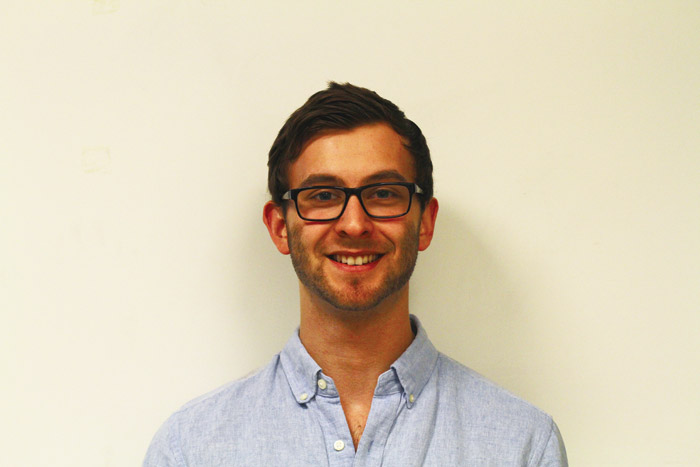As a third-year pharmacology major, Jacob Kantorowitz has spent the past year in the Whiteway lab studying an interesting fungus that is genetically similar to yeast-Candida albicans.
Kantorowitz has been researching C. albican fungal infections, which are the cause of thousands of deaths of immunocompromised individuals in Canada every year. C. albican, Kantorowitz explains, will exist harmlessly in the body the majority of the time, and can be found in high concentrations in places like the gastrointestinal tract. Unfortunately, problems arise when there are overgrowths that cause infections.
“One study found that the mortality rate of Canada nosocomial bloodstream infection, BSI, is 40 per cent,” explained Kantorowitz.
His lab is responsible for manipulating C. albican genes into strains that are more easily analyzed during genomics studies. The group uses these gene knockout strains to pinpoint the genes that give C. albican resistance to certain drugs.
“My job is to use this information to develop new synergistic drug candidates,” Kantorowitz said. “We can determine if a strain is sensitive to a drug because the gene will be missing.”
This is due to the fact that the protein that is coding for resistance will be absent, causing the C. albican to lack the resistance, causing it to die. This allows the researchers to extrapolate information about which genes the organism is using to protect itself.
“We can then find chemical inhibitors of the protein causing the resistance,” Kantorowitz said. “That way, the strain is no longer resistant to the drug.”
Part of the research process, explains Kantorowitz, is making mistakes.
“One time, I had just spent all day running an extraction, ran my [polymerase chain reaction] PCR, and needed to confirm the absence of a gene,” Kantorowitz recalled. “I accidentally pipetted the wrong solvent into the wrong well with my supervisor watching behind me—that’s when I had to tell him I ruined 10 hours of work.”
Kantorowitz and his colleagues’ bacteria-fighting lab work is improving people’s lives, but his advice to anyone interested in working in a lab is something many aspiring lab-rats can relate to.
“Look for something that interests you before you commit your time,” Kantorowitz said. “In the short run, it may be harder, but in the long run, you will be a lot happier and enthusiastic about what you are doing.”
He recommends doing research side-projects through McGill while applying or working in a lab, not just casually volunteering.
Kantorowitz, who hopes to eventually become a doctor, says unfair diseases push him to study medicine.
“I believe everyone should have the life span they deserve,” he explained.
Many cancers have terrible reactions to chemotherapy treatment, which is why he believes that preventative medicine is the best solution. Certain diseases treated via genomics could even be reversed.
The opportunities Kantorowitz has had working in his genetics lab have given him the tools he believes will be essential in the future of medicine.
“With one’s genomic information, the possibilities are truly endless,” he said.








